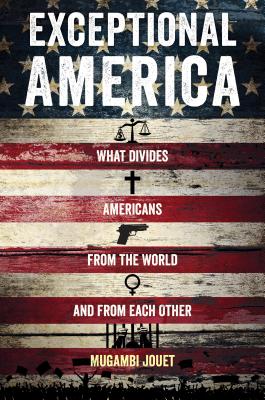Expedite your nonfiction book discovery process with Readara interviews, summaries and recommendations, Broaden your knowledge and gain insights from leading experts and scholars
In-depth, hour-long interviews with notable nonfiction authors, Gain new perspectives and ideas from the writer’s expertise and research, Valuable resource for readers and researchers
Optimize your book discovery process, Four-to eight-page summaries prepared by subject matter experts, Quickly review the book’s central messages and range of content
Books are handpicked covering a wide range of important categories and topics, Selected authors are subject experts, field professionals, or distinguished academics
Our editorial team includes books offering insights, unique views and researched-narratives in categories, Trade shows and book fairs, Book signings and in person author talks,Webinars and online events
Connect with editors and designers,Discover PR & marketing services providers, Source printers and related service providers

Exceptional America: What Divides Americans from the World and from Each Other
Social Science > Sociology - General
- University of California Press
- Paperback
- 9780520305557
- 8.6 X 5.5 X 1.1 inches
- 1 pounds
- Social Science > Sociology - General
- (Single Author) Asian American
- English
Readara.com
Book Description
In this provocative book, Mugambi Jouet describes why Americans are far more divided than other Westerners over basic issues, including wealth inequality, health care, climate change, evolution, gender roles, abortion, gay rights, sex, gun control, mass incarceration, the death penalty, torture, human rights, and war. Raised in Paris by a French mother and Kenyan father, Jouet then lived in the Bible Belt, Manhattan, and beyond. Drawing inspiration from Alexis de Tocqueville, he wields his multicultural sensibility to parse how the intense polarization of U.S. conservatives and liberals has become a key dimension of American exceptionalism--an idea widely misunderstood as American superiority. While exceptionalism once was a source of strength, it may now spell decline, as unique features of U.S. history, politics, law, culture, religion, and race relations foster grave conflicts. They also shed light on the intriguing ideological evolution of American conservatism, which long predated Trumpism. Anti-intellectualism, conspiracy-mongering, a visceral suspicion of government, and Christian fundamentalism are far more common in America than the rest of the Western world--Europe, Canada, Australia, and New Zealand. Exceptional America dissects the American soul, in all of its peculiar, clashing, and striking manifestations.
Author Bio
Mugambi Jouet’s research focuses on criminal justice and comparative government from a multidisciplinary perspective. He is an expert on the distinctive historical evolution of American law, institutions, and sociopolitical culture compared to other Western democracies: Canada, European nations, Australia, and New Zealand.
His scholarship has notably analyzed mass incarceration, the death penalty, and juvenile justice. He is the author of Exceptional America: What Divides Americans From the World and From Each Other (University of California Press, 2017), a comprehensive book on the relationship between American exceptionalism and the intense polarization of modern America, from criminal justice to socioeconomic inequality and beyond.
His research on the intriguing historical evolution of criminal punishment has appeared or is forthcoming in peer-reviewed journals and law reviews, including the American Journal of Comparative Law, American Journal of Legal History, Federal Sentencing Reporter, Journal of Criminal Law and Criminology, and Theoretical Criminology.
Professor Mugambi Jouet has been interviewed by the media many times, such as on C-SPAN’s Book TV, National Public Radio, CBC, Radio Canada, France 24, and France Culture. His commentary has been featured in The New Republic, Slate, Boston Review, Mother Jones, The San Francisco Chronicle, The Hill, Libération, Le Nouvel Observateur, and Le Monde, France’s flagship newspaper.
Before joining McGill in 2018, he taught at Stanford Law School for three years as a Grey Fellow. A member of the New York bar, he previously represented numerous indigent prisoners, from homicide cases to the “War on Drugs,” in Manhattan and the Bronx. He equally served as a judicial clerk at the U.N. war crimes tribunal for Yugoslavia in The Hague, and as an assistant clinical law instructor at Sciences Po in Paris. He has traveled widely internationally and is trilingual in English, French, and Spanish.
Education
- Ph.D. in Law, summa cum laude, Université Paris 1, Panthéon-Sorbonne, 2019
- JD, cum laude, Northwestern University School of Law, 2006
- MPA (Policy Analysis), New York University, 2003
- BA (History), Rice University, 2001
Source: McGill University
Videos




Community reviews
No Community reviews

